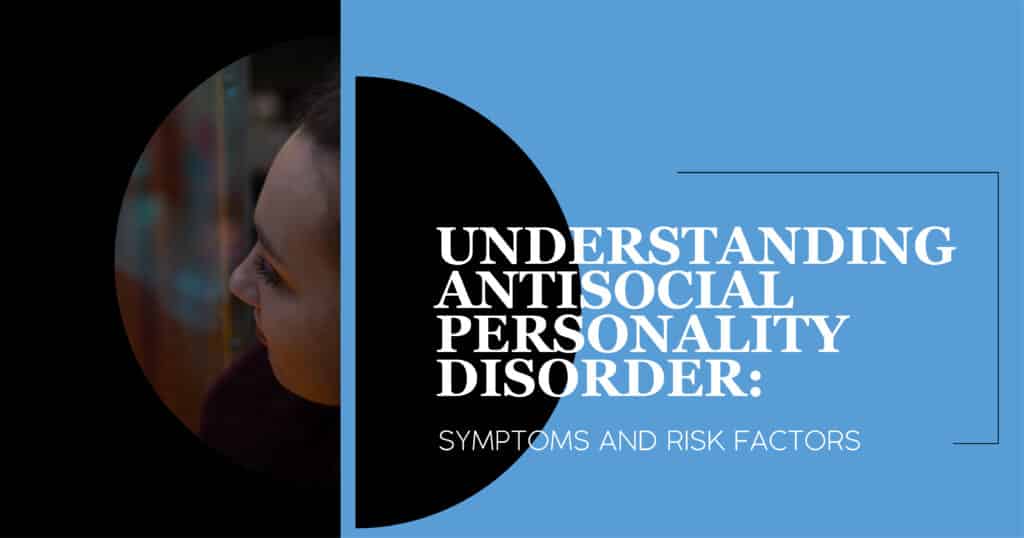Ever felt like you’re trying to solve a puzzle but missing a piece? Well, that’s a bit what it’s like trying to get your head around Antisocial Personality Disorder (APD). It’s complex, often misunderstood, and definitely more than just someone being antisocial at a party. In this article, we’re going to unravel the enigma that is APD, taking a deep dive into its symptoms, risk factors, and everything in between. So, buckle up—it’s going to be an enlightening ride!
What is Antisocial Personality Disorder Anyway?
At its core, Understanding Antisocial Personality Disorder is about peeling back the layers of a condition that’s characterized by a long-term pattern of manipulating, exploiting, or violating the rights of others. This isn’t just your garden-variety mischief; we’re talking about a deep-seated disregard for societal norms and the feelings of others.
Symptoms: More Than Meets the Eye
- Chronic Lying and Deception: Pulling the wool over people’s eyes is a hallmark of APD.
- Impulsivity and Recklessness: Acting on a whim, without a thought for the consequences? Check.
- Aggressiveness and Irritability: Quick to anger and ready to fight at the drop of a hat.
- Disregard for Safety: Whether it’s their own neck on the line or someone else’s, it’s all the same to them.
- Lack of Remorse: Stepped on a few toes? Broke a few hearts? It’s all in a day’s work, with nary a second thought.
Risk Factors: A Tangled Web
Understanding Antisocial Personality Disorder isn’t complete without looking at the web of risk factors that contribute to its development. Genetics, environment, and even one’s personality traits can all play a part in this complex dance.
- Family History: Like father, like son? Sometimes, APD runs in the family.
- Childhood Trauma: Early experiences can cast a long shadow, shaping future behaviors and attitudes.
- Substance Abuse: A slippery slope that can exacerbate underlying tendencies towards APD.
The Mind Behind the Disorder
Delving into the psyche of someone with APD is like exploring a labyrinth. There’s a bewildering array of thoughts and motivations at play, often centered around self-interest and a lack of empathy for others.
Frequently Asked Questions
Can Antisocial Personality Disorder be cured?
While there’s no one-size-fits-all cure, therapy and medication can help manage the symptoms.
How is APD diagnosed?
Diagnosis typically involves a thorough evaluation of psychological history and current behavior patterns by a mental health professional.
Are there effective treatments for APD?
Yes, treatments like cognitive behavioral therapy can be effective, especially when tailored to the individual’s needs.
Wrapping Up the Mystery
In closing, peeling back the layers of Understanding Antisocial Personality Disorder reveals a condition that’s as complex as it is challenging. It’s a reminder of the intricate interplay between genetics, environment, and personal choice that shapes our behavior and our relationships with others.
Key Takeaways
- APD is more than just being antisocial; it’s a pervasive disregard for the rights and feelings of others.
- A mix of risk factors, including genetics and early life experiences, contribute to the development of APD.
- While challenging, treatment options exist that can help manage symptoms and improve quality of life.
In Conclusion
So, there you have it—a closer look at the enigma that is Antisocial Personality Disorder. While it may be complex, understanding the symptoms and risk factors is crucial for demystifying the condition and paving the way for effective treatment and support. Let’s not forget, the human mind is a puzzle worth solving, and every piece of understanding brings us closer to the full picture.




